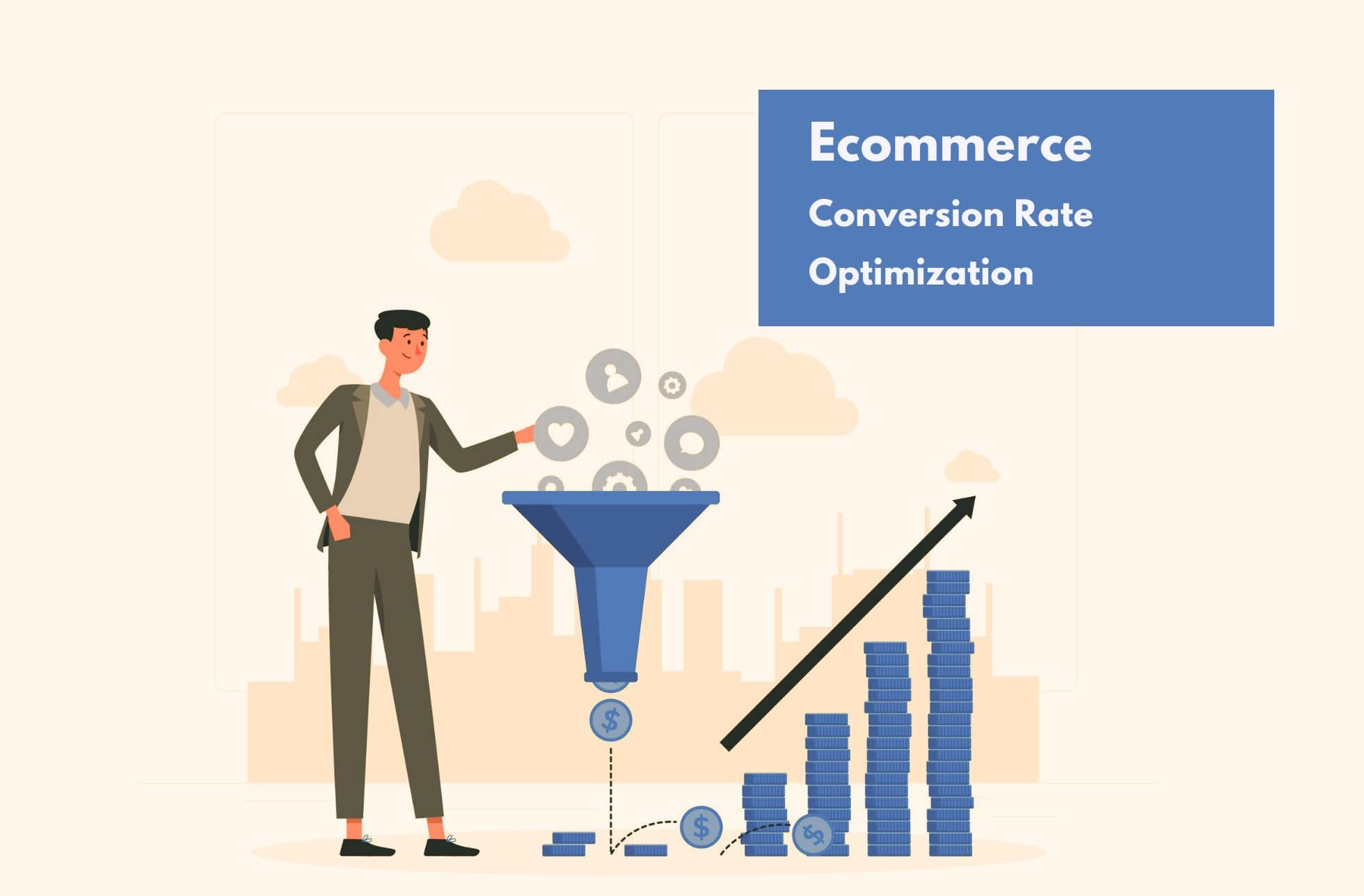The B2B market has become more competitive in recent years as corporate buyers seek to increase operational efficiency and optimize procurement processes. B2B sellers are expected to innovate to win new business and maintain their existing customer base.
The B2B market is projected to be worth around $12 triltulion by 2020, with the US B2B eCommerce sector accounting for well over $1 trillion. The market is growing and, after a slow start, embracing the benefits of eCommerce.
Buyers increasingly prefer to use B2B solutions rather than email or more traditional procurement workflows. But building an online version of your B2B catalog isn’t enough: many buyers also demand automation fueled by integration with their eprocurement, ERP, CRM, and inventory systems.
Automation Streamlines Procurement in B2B eCommerce
Many B2B sellers do not provide eCommerce as an option to their customers: 80 percent of manufacturers and distributors process orders by hand. But most buyers do use procurement and ERP software, so the sales process is typically a complex dance involving a lot of manual data entry and back-and-forth document exchanges.
Needless to say, this is inefficient, a waste of employee time, and staggeringly expensive compared to more modern solutions. The alternative is an eCommerce system equipped with punchout capabilities that can integrate the seller’s online catalog with the back-office systems of buyers, allowing order data to be transferred between buyer and seller platforms quickly and efficiently.
So, why is automation effective in eCommerce?

Automation accelerates transactions. Buyers can choose products, have purchases approved, and despatch data to their ERP and financial platforms seamlessly. Forty-one percent of corporate buyers are under 40, a proportion that will only increase. They are familiar with fast and efficient B2C eCommerce, and are looking for the same efficiencies in their professional lives. B2B sellers who don’t offer streamlined systems are at a competitive disadvantage.
eCommerce Automation Reduces Errors
When we discuss automation, speed and convenience are usually the headline benefits. But correctness and consistency are just as important. B2B sellers accept orders on multiple channels: phone, email, fax, in person. When that information is collected and processed manually, mistakes are made with order quantities, delivery details, pricing, and more. Miscommunication is all too easy.
The advantages of automation
By combining eCommerce and sales automation with integration to buyers’ procurement platforms, error rates are minimized. Order data can be moved smoothly between platforms without the mistakes even the most diligent human is prone to making.
Reduced Cost
B2B eCommerce and eCommerce automation reduce costs by increasing operational efficiency. Manual, labor-intensive tasks are reduced. The self-service nature of eCommerce offloads some of the work traditionally carried out by the seller onto the buyer. Communications and staffing costs are reduced as the buying process is focused on the seller’s online presence. eCommerce automation and punchout reduces costs for both buyer and seller.
Conclusion : Offer automation in your eCommerce
B2B sellers can differentiate their business from less forward-looking competitors, increase their attractiveness to corporate buyers, and cut costs if they embrace B2B eCommerce and automation.





